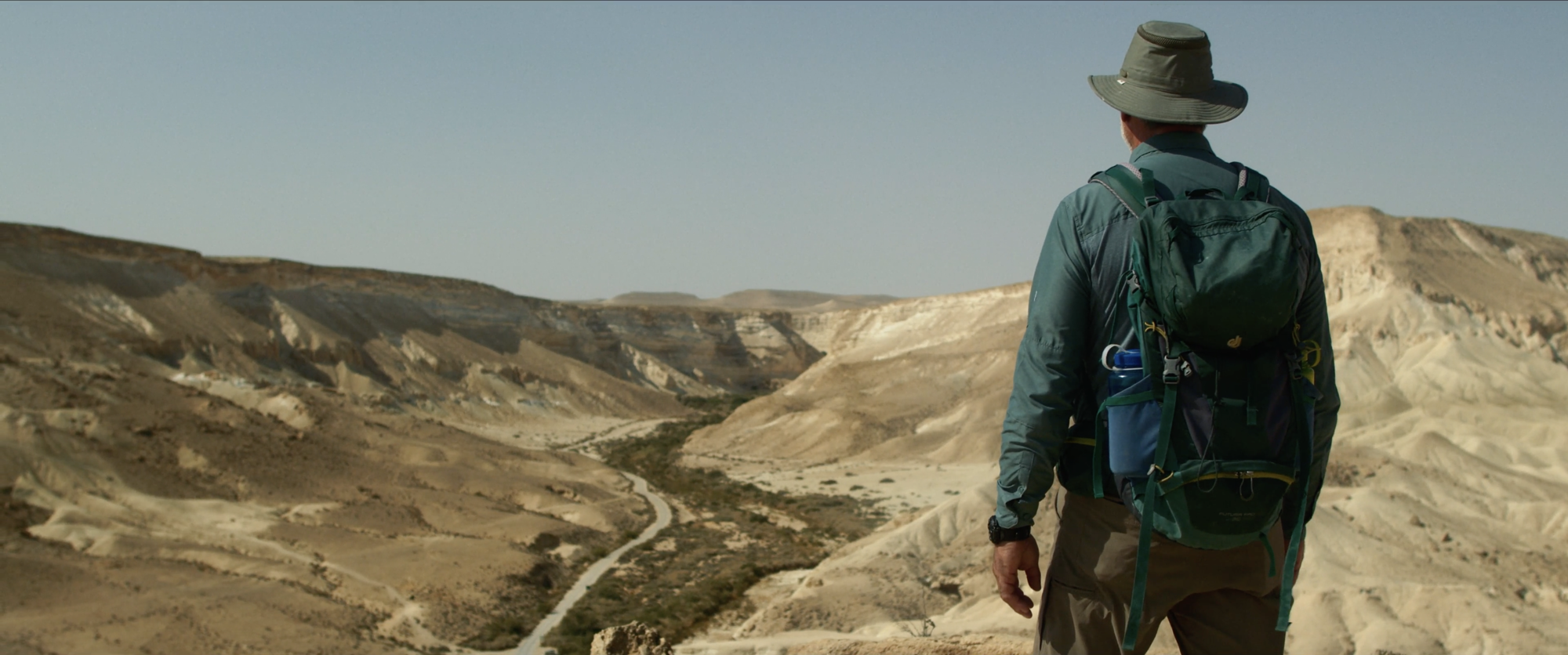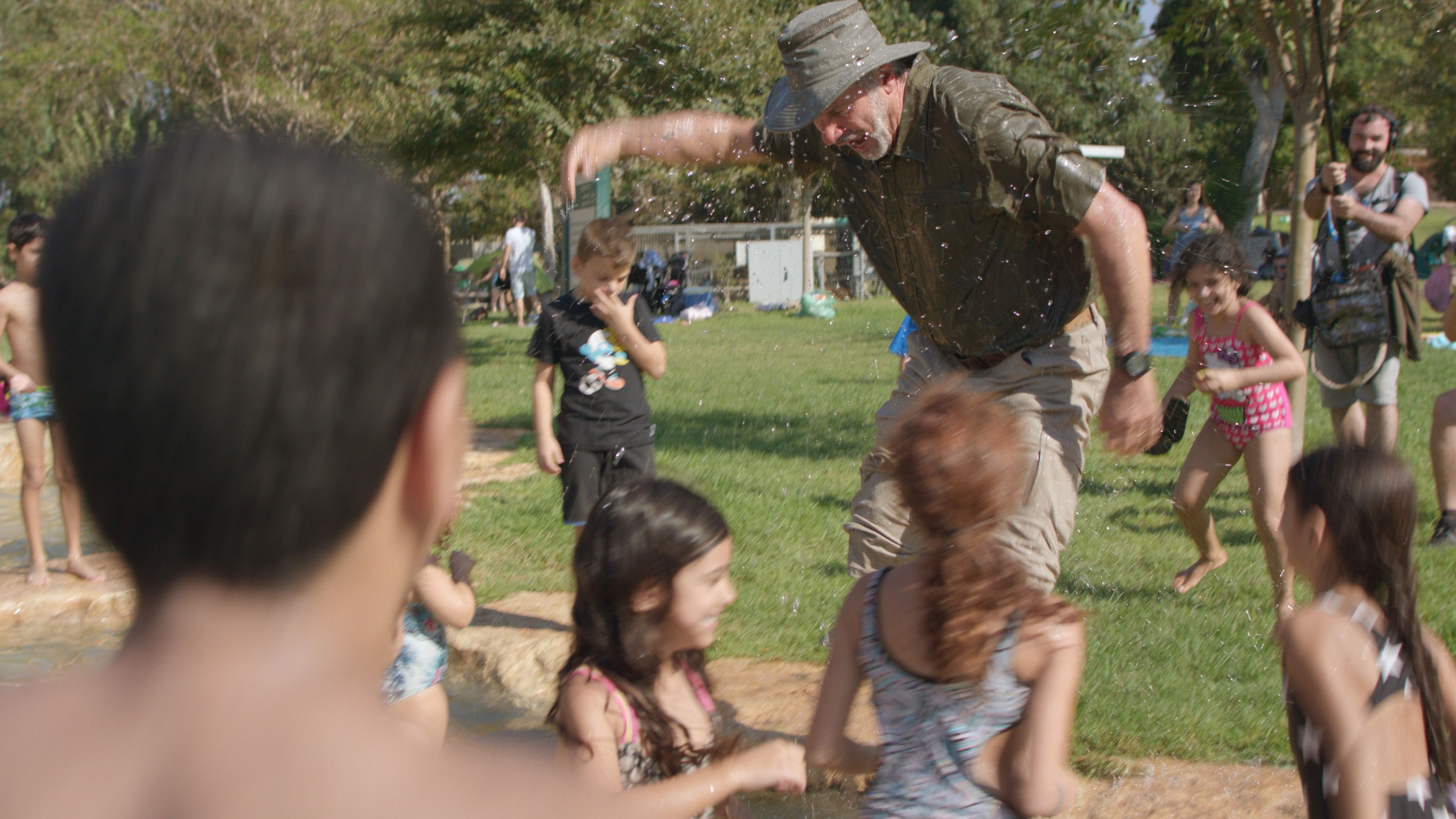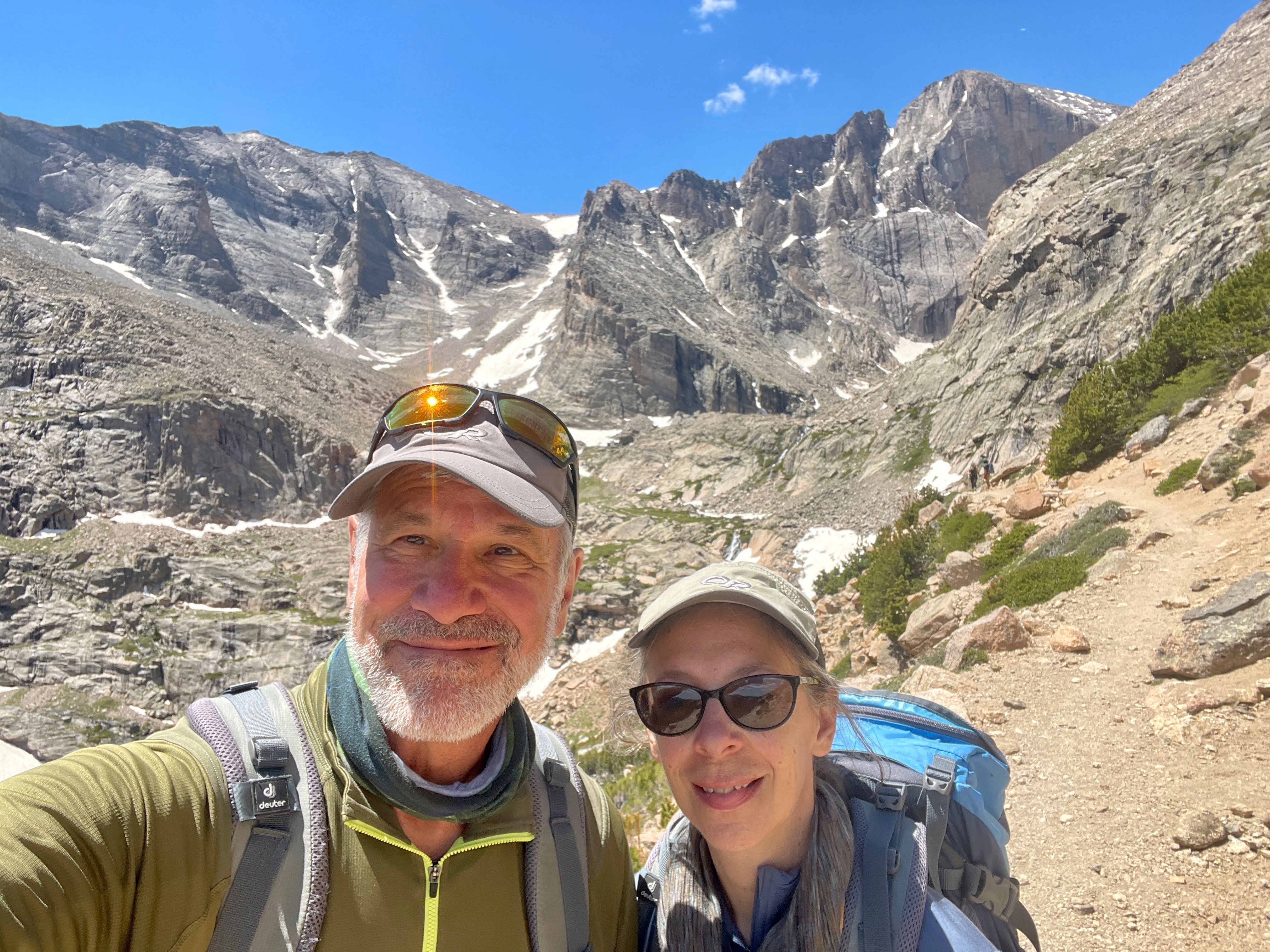
Biblical geography. Do those words intrigue you? Or make you shy away?
No matter your interest in what land has to do with Scripture, one man will pique your curiosity and make comprehension a little easier.
Dr. John A. Beck. Although he is seminary-trained with two master’s degrees and a PhD, he is more like a friend who will walk with you to ignite a passion for learning more about Scripture than you ever thought possible. And, he likes to be called Jack.
This friendliness and approachability makes Jack a unique fit to host Our Daily Bread Ministries’ video series The Holy Land: Connecting The Land With Its Stories.
“If we are people of place, and place is very much a part of how we’re shaped and how we interact with one another, then there’s no way I can leave my understanding of place out of any literature, much less the Bible,” Jack said.
He believes that the Bible’s stories are so greatly impacted by location and setting, that it’s vital for us to truly understand how God communicated to His people in Scripture and to us today. Engaging with Scripture is “always a spirit-led process. Reading the Bible is different than reading another book.”

Jack’s background in language and literature informed one way for him to view Scripture. But in grad school, he met a Bible geographer who sparked his interest in how the biblical authors and poets used geographical content to shape the learning—or faith—experience. Since then, incorporating geography as a tool in his multi-faceted toolbelt has allowed Jack to bring a whole new level of understanding to others.
As an adjunct professor at Jerusalem University College, he regularly travels to the Holy Land to teach and lead tours. These tours often cover over 100 miles of hiking in 10 to 12 days so people can experience the rugged outdoors and “feel” what the people on the pages of the Bible felt.
Jack is a scholar who’s collaborated with Our Daily Bread Ministries (ODBM) to write numerous books, teach online classes, and film four seasons of The Holy Land. His first book with ODBM, Discovery House Bible Atlas, was published in 2015 and was well-received because it was more like a Bible commentary that married the land with the stories.
Ten years later, this work is being re-published as the Our Daily Bread Bible Atlas. Even if you have the first atlas, the new version is a great addition to your library. “The clarity within the essays has gotten stronger,” Jack said. “The visuals have gotten a big touch-up. It really is a new piece, reflecting both maturity in my own thinking of the topic and the communication of that and the illustrations.”
The fourth season of The Holy Land is premiering next month so you can virtually travel with Jack to Samaria, the Southern Wilderness, and Jerusalem. His goal in every season of this series is “to take folks into the land and show them that there’s a connection between how things happened and where they happened.” He guides you to a region and tells the arc of stories that happened there, organizing the content by historical location rather than a chronological approach.

Although Jack treasures all his excursions on these production shoots, one of his most memorable times was in the Jezreel Valley at the spring where Gideon and his army drank (Judges 7). It happened to be a holiday, so many families with children were camping and enjoying themselves. When the kids invited Jack into the water, he immediately rolled up his pantlegs, took off his shoes, and joined them laughing and splashing in the cool water.
Although the spontaneous moment led to the demise of the microphone he still wore, Jack heartily agreed, “I’m grateful for those moments that are unplanned, unscripted but absolutely spot on!”
Jack appreciates exploring in his personal life, too. He and his wife, Marmy, live in Germantown, WI but are often soaring around the country in the airplane they built themselves. “We’re always up for an adventure. We egg each other on and sometimes it takes us outside the bounds of what makes sense to do,” Jack chuckled.
Whether it’s snowshoeing in the Colorado Rockies with Marmy or leading an expedition of eager students in Israel, Jack loves being outdoors and bringing the stories of the Bible to life. “This is my passion . . . to turn the volume up on those things that maybe get less attention,” Jack said. “I hope you leave your time with me a more interested, informed, and engaged Bible reader.”
To find out more about Jack Beck:
